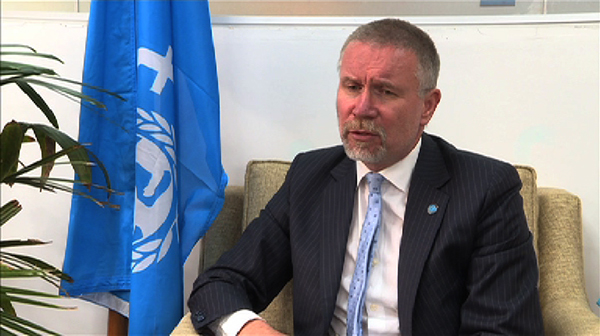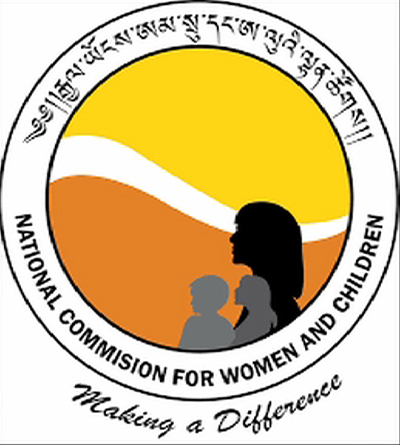 With schools across the country closed due to the COVID-19 pandemic and children introduced to online classes, United Nations International Children’s Emergency Fund (UNICEF) states that government, organisations, schools and parents must ensure online safety of children.
With schools across the country closed due to the COVID-19 pandemic and children introduced to online classes, United Nations International Children’s Emergency Fund (UNICEF) states that government, organisations, schools and parents must ensure online safety of children.
According to UNICEF, although increased online activities support children’s learning, socialisation and play, children are placed at an increased risk of harm from being online.
The UNICEF officials said, increased online activities for children leaves them vulnerable to online exploitation.
Dr Will Parks, the UNICEF Bhutan Representative, said that there are some serious concerns about online use of personal information. “When children go online, if there are no safeguards to protect them, sometimes there are revealing information that some people could misuse the information. Secondly, it is the threat of cyberbullying. Also without safeguards and attention by parents and teachers, children might get access to harmful content,” he said.
 According to the National Commission for Women and Children (NCWC), not all children have the necessary knowledge, skills and resources to keep themselves safe online.
According to the National Commission for Women and Children (NCWC), not all children have the necessary knowledge, skills and resources to keep themselves safe online.
The UNICEF Bhutan representative said parents and adults should monitor children and ensure safety measures.
“In Bhutan, we are advising the parents to watch out and have discussions with children in terms of who they are talking to, be open and frank about what they are doing and online content they are using and of course, there are devices that you can engage on the computers itself and websites just to filter contents and make sure children are not getting access or being accessed by harmful content and people,” he added.
The Foreign Minister, Dr Tandi Dorji who is also the Chairperson of NCWC said the government and its partners are working on technical and practical guidance aimed at urging educators and parents to be alert.
Children in Bhutan remain vulnerable to violence, abuse and exploitation including online. The Study on Violence against Children and Young People, 2016 found that more than 20 per cent of the surveyed children had been exposed to adult content.
Kinley Dem










